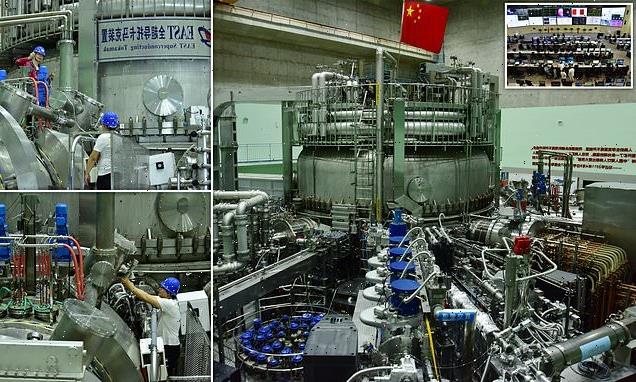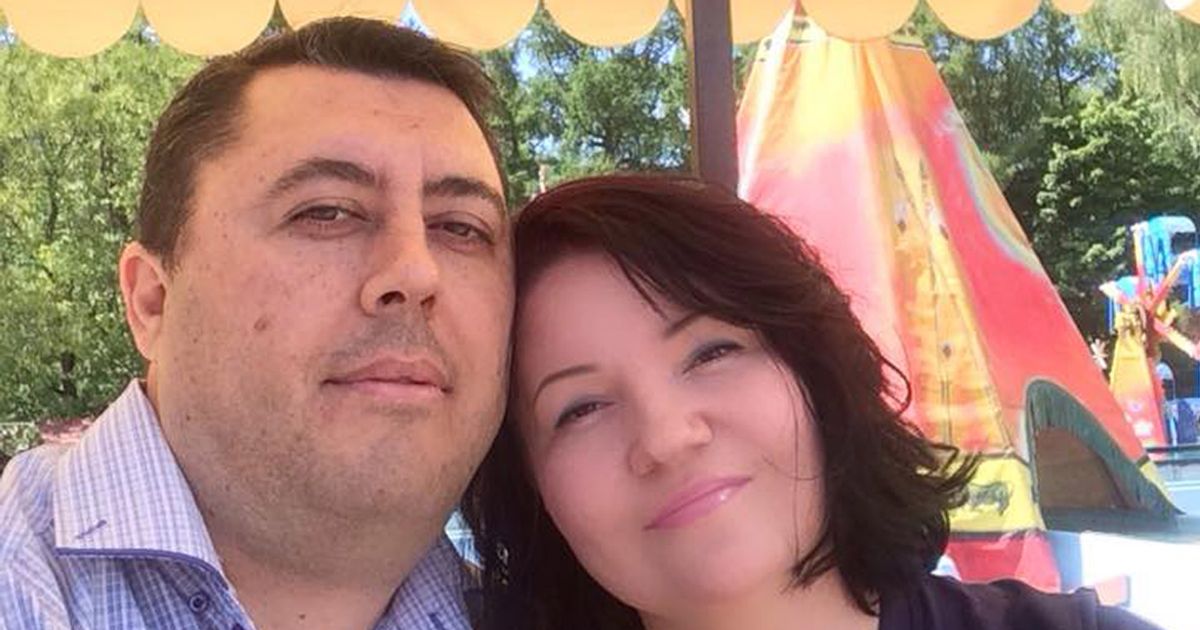Fresh off their debut feature documentary “Davos,” Daniel Hoesl and Julia Niemann have lined up a number of new projects, among them an upcoming series for HBO Max and ZDF.
Produced by Berlin-based Komplizen Film (“Tony Erdmann“), “Fck My Heritage” (working title) is set in an elite boarding school and follows a group of students who decide to reject their inheritances and trigger a global social revolution.
Christian Schwochow (“Munich,” “Bad Banks”) is serving as showrunner on the series, which Hoesl and Niemann are co-writing with Heide Schwochow and Jana Burbach.
Hoesl has also completed the script for his next narrative feature, a satire about an Austrian billionaire family with a penchant for hunting, which Ulrich Seidl is producing.
Elites and their wealth and power have been at the core of the Austrian filmmaker’s past works, including “Soldier Jane” and “WINWIN” – both of which unspooled at the International Film Festival Rotterdam, where the former also won the Tiger Award.
In “Davos,” which also screens in Rotterdam, Hoesl and Niemann take a peek behind the curtains at the World Economic Forum (WEF) as well as the surprisingly down-to-earth community that inhabits the scenic Alpine resort town.
“I’ve always been interested in the price of money,” Hoesl tells Variety. “I wake up to the business news. I’m a stock market person. I’m really interested in money, not in personal wealth, but in the values that materialism creates. I’m very, very skeptical about it.”
Hoesl was eager to examine the WEF’s activities after making “WINWIN,” a satiric critique of modern-day capitalism.
“Everything that constructs our society is present in one place in Davos. Very rich people live in Davos, it has a working class community, it has migrants and it has immigrants. And then on the other side you have the World Economic Forum and globalization. But globalization is present everywhere, so basically we’re all in the same situation as Davos.”
Getting access to the tightly managed event proved to be the biggest challenge. Speaking with the WEF’s media reps in Geneva, Hoesl said they would make the film whether or not they were allowed entrance. “If they had not let us in, of course the metaphor would have been very bad for them.”
They ultimately received restricted access. “We could not do what we wanted,” Hoesl says. “They are not at all used to people who hang around for long. They are used to media teams that rush in take what they need and run out again. We wanted to have that behind-the-scenes approach to see and decipher what that elephant is actually doing there and how it behaves.”
Even with access, the event is so controlled that speaking to high-profile attendees is nearly impossible, adds Niemann.
“They are very professional in staging their global media event that makes them shine and they don’t want any shade cast on their event,” Hoesl notes. “So they know what to do to avoid that.”
A staged interactive event highlighting the plight of refugees during the WEF led Hoesl and Niemann to also explore Davos’ own refugee center, whose residents include people from Afghanistan, Syria, Somalia and Congo.
In the end, Hoesl and Niemann spent nearly a year and a half living in Davos while working on the film. “I wanted it to be very observational,” Hoesl says. “I’m a fan of Frederick Wiseman films. I wanted to treat the people with a lot of respect and I really learned to like them a lot. I have a lot of affection and empathy for the people who live there.”
Among the folks they met were a family facing increasing pressure to sell their beloved dairy farm due to falling milk prices, Portuguese immigrant laborers, and community activists who protest against the neoliberal policies espoused at the forum and who gather at an underground music venue frequented by the aging Zurich punk band The Seniles.
At a community meeting, where some residents speak out against the WEF, proponents of the event point out that it brings in more than $65 million a year for Davos. Indeed, locals make a killing renting out their shops in the city center, which are then transformed into the BlackRock and Facebook showrooms or the Russia House, “where you can get the best drinks of course,” Niemann notes.
“The countries are like key accounts for big companies,” says Hoesl. It’s the political leaders who come to woo the companies to open branches in their countries, not the other way around, he adds. “This is the state of capitalism that we are in.”
In addition to his work behind the camera, Hoesl occasionally acts, appearing most recently as a pompous aristocrat in Julian Radlmaier’s Marxist vampire satire “Bloodsuckers,” which also unspools in Rotterdam.
optional screen reader
Read More About:
Source: Read Full Article

